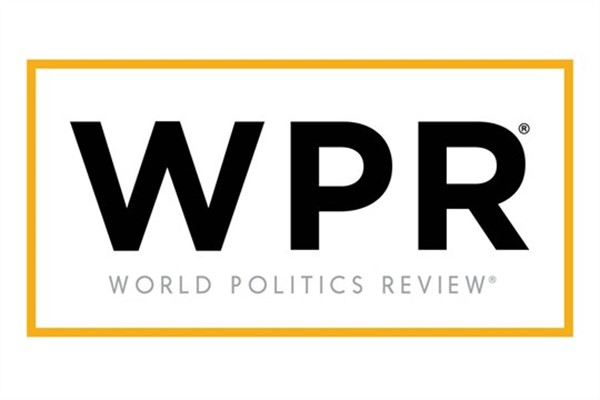In 2025, China will face three major challenges that will pose difficulties, contradictions and difficult choices for President Xi Jinping. First and most obvious is the state of the economy, which is plagued by weak consumer demand and deflation. Second, Xi's desire to implement the structural reforms promised at last year's Third Plenum, which will put China in a more advantageous position to move from middle-income to high-income status, but could conflict with the more immediate need to boost the economy. Third, the external environment continues to become more dangerous and complex. The imminent return of US President-elect Donald Trump to the White House will upend outgoing President Joe Biden's attempts to stabilize bilateral relations, setting China up for a trade war with the United States in the near term. Beyond that, the collapse of the Assad regime in Syria, the failed coup in South Korea, and the ongoing war in Ukraine present China with more complications and few opportunities.
These challenges are all interrelated. The first two primarily concern Xi's power in relation to the state bureaucracy, the business sector and Chinese society. Xi's challenge, fundamentally, is to restore confidence in his leadership, which has been severely undermined by a series of policy decisions and campaigns that have centralized power in his hands while eliminating challenges from the elite and the society to his reign. However, in consolidating his position, Xi has sacrificed trust in his leadership and policy decisions.
The economy's immediate problem boils down to anemic growth. Necessary limits on investment-led expansion and the real estate sector have cut off traditional avenues of growth, while Chinese household consumption has not made the comeback many expected with the end of the draconian Zero COVID policy. from Beijing. On the contrary, following the pandemic, Chinese consumers felt less wealthy due to falling property values and less secure given the pandemic shock and China's deteriorating relations with its major partners. commercial. As a result, they naturally refrain from purchasing and instead prepare for a less rosy and risk-filled future. Further complicating the situation is the fact that the brightest parts of the economy are in sectors, such as automobiles, which are now being targeted by foreign, US and EU governments. European Union in Brazil, with tariffs and other restrictions to prevent China from exporting its excess capacity.




